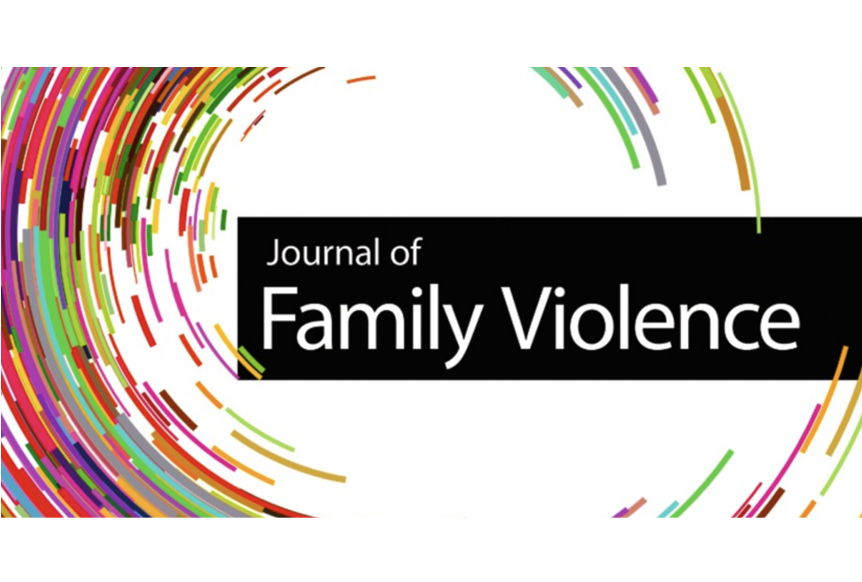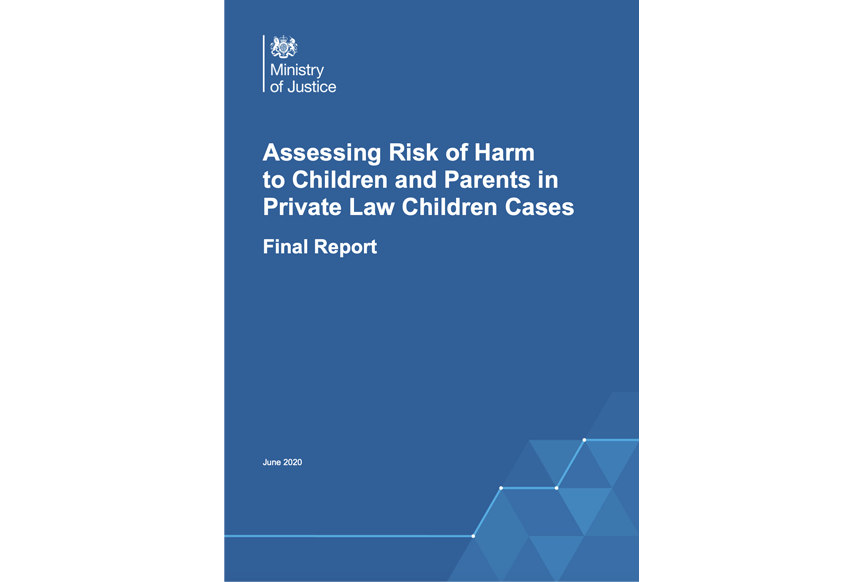
Related topics


Coercive Control in the Courtroom: the Legal Abuse Scale (LAS) 19 May 2022
This study sought to create a measure of legal abuse to show how IPV survivors may encounter their partners’ misuse of court processes to further enact coercive control.

The protection of children from violence in the context of intimate partner violence/domestic violence and custody & visitation (12 December 2022)
An overview of the international normative framework in relation to the protection of children from violence. It focuses on issues related to custody rights.
Published by WAVE: Women against Violence Europe Network

Assessing risk of harm to children and parents in private law children cases (June 2020)
Final Report. MoJ 2020
This report provides an understanding of how effectively the family courts identify and respond to allegations of domestic abuse and other serious offences, in private law proceedings. Recommendations are made in relation to both the processes and the outcomes for parents and children, focusing on the Children Act 1989 which requires the welfare of the child to be prioritised.
Child Custody Outcomes in Cases Involving Parental Alienation and Abuse Allegations (2019)
The first goal of this project was to ascertain whether empirical evidence indicates that the concept of parental alienation is sex-biased in practice and outcome. Second, the study looked at outcomes in custody/abuse litigation by sex and by differing types of abuse. Analysis of over 2000 court opinions confirms that courts are sceptical of mothers’ claims of abuse by fathers; this scepticism is greatest when mothers claim child abuse. The findings also demonstrated that fathers’ cross-claims of parental alienation virtually doubled the courts’ rejection of these claims, and mothers’ losses of custody to the father accused of abuse.
Women in Private International Law (22 April 2021)
2019
There is little published research applying a feminist analysis to, or even considering the position of women in, private international law. This chapter establishes that the apparently gender-neutral nature of private international law conceals profoundly ingrained assumptions about gender. It then considers the gendered dimension of international family law, referring in particular to the regulation of international child abduction, international family property agreements, and international commercial surrogacy. It concludes that there remains a great need for further research into the position of women as legal subjects and law-makers in this field.

Institutional Violence against Users of the Family Law Courts (18 January 2019)
A study of family court-enabled abuse in Spain and the presentation of a new ‘Legal Harassment Scale’ to detect and measure this form of violence.
Miguel Clemente et al: Frontiers in Psychology.
Domestic Violence, children’s agency and mother-child relationships: towards a more advanced model (11 April 2013)
The author argues that childrens’ agency and the bilateral nature of the parent-child / mother-child relationship needs to be acknowledged, specifically in a domestic violence situation.
Emma Katz in Children & Society, vol 29 (no 1)
Awarding Custody: Childrens’ Interests and the Fathers’ Rights Movement (2010)
The movement for fathers’ rights asserts that an explicit recognition of parental rights should replace what is in the children’s best interests, and further that this should lead us to favour split custody arrangements
